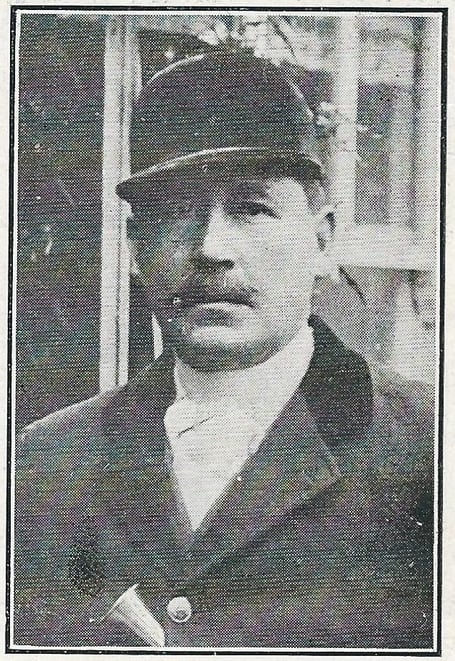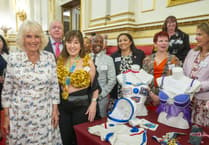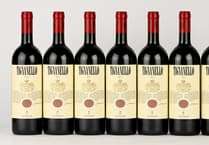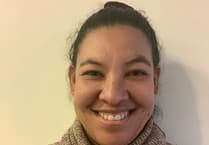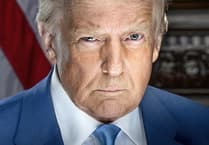JAMES Hutchinson Driver was a wealthy man who had a great interest in the wellbeing of Woking people and a love of horses.
His name was mentioned in the Peeps into the Past column a few weeks ago, in the story about Merrist Wood House in Worplesdon. One of its owners, Charles Peyto Shrubb, had been the master of the Ripley and Knaphill Harriers, and it was noted that James was also a master of the hunting pack.
Historians Richard and Rosemary Christophers wrote a story about James for the Horsell Residents’ Association’s Resident magazine in 2014. It has given permission for Peeps to include details from that article.
James was born in Highbury, London in 1857. He qualified as lawyer in 1881, but on the death of his father in 1898 he gave up his legal work – having been left comfortably off – and moved to Melrose Cottage, Woodham Road, Horsell.
He was also the master of Horsell Beagles, and founded his own pack in 1903 which took over the Ripley and Knaphill Harriers’ area in 1911.
In 1909, the War Office appointed James as a purchaser of horses for the Woking district. The horses were then being taken for training for use in war.
Shortly after the First World War broke out in 1914, the News & Mail of 14 August reported that James was being kept busy in this role. Within a few days he had gathered 70 horses, which were passed fit by a vet and then taken to Pirbright Green before going to Aldershot or Inkerman Barracks.
Farmers and other people in the area with horses acted in a patriotic manner, selling the animals when requested so they could go to help the war effort. James sent some of his best animals to the front.
He wrote to the News & Mail to thank “the Surrey farmers, tradesmen and others … for the splendid way in which they came forward”. No one had refused him.

James was careful not to take horses from farmers who had only two, and spared the heavy draught horses, although he mentioned later that he would like a record of them so they could be easily claimed when the need arose.
His time spent working for the people of Woking began with Horsell Parish Council. In 1907 he became its chairman when Horsell, tired of Chertsey Rural District Council for not providing proper drainage, voted to join Woking Urban District Council instead.
James became a Woking councillor for the Horsell South ward in 1908. He suggested all roads in Woking should be limited to 10mph as too much dust was being raised by motor vehicles.
He was chairman of Woking council from 1911 to 1913. His duties included being the overseer of the poor in Horsell and the treasurer of Horsell’s 1911 coronation celebration committee.
When conscription was introduced in 1916, he served on the Woking tribunal, hearing requests for exemption. This was not only on moral grounds, but on the more practical grounds of staff losses to farmers and tradesmen.
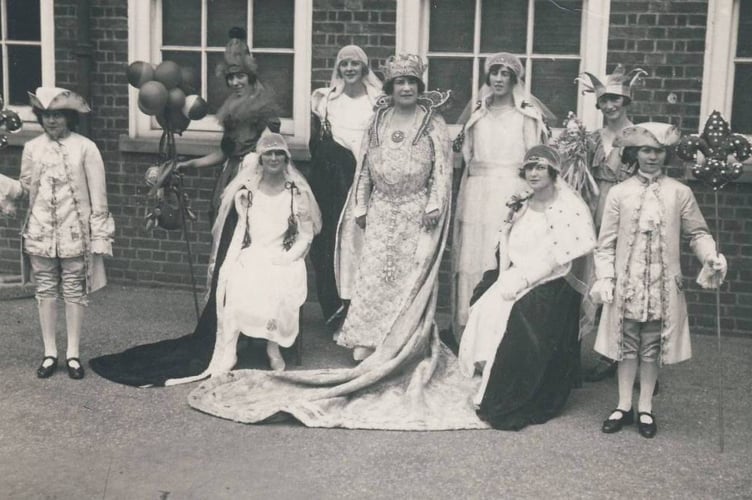
James stepped down from Woking council in the early 1920s when he was elected to Surrey County Council, retiring in 1925. By that time his sight had deteriorated badly – he had lost an eye when it was hit by a branch while hunting.
For 26 years he was secretary of the Woking Victoria Hospital committee, and through his love of sport, it is said there was hardly a local sports club of which he was not a vice-president.
He remained a bachelor until his 61st birthday when he married Euneta Truscott, a singer and pianist, 20 years his junior. She had graced the London stage and, on moving to Woking, became involved in the musical life of the town.
James died on 25 February 1936 after two weeks’ illness. His funeral service took place at Woodham Church. He is buried at St Mary’s Churchyard, Horsell, with his wife who died in 1943, next to his brother and sister-in-law.
If you have some memories or old pictures relating to the Woking area, call David Rose, on 01483 838960, or drop a line to the News & Mail.
David Rose is a local historian and writer who specialises in what he calls “the history within living memory” of people, places and events in the west Surrey area covering towns such as Woking and Guildford. He collects old photos and memorabilia relating to the area and the subject, and regularly gives illustrated local history talks to groups and societies. For enquiries and bookings please phone or email him at: [email protected]
